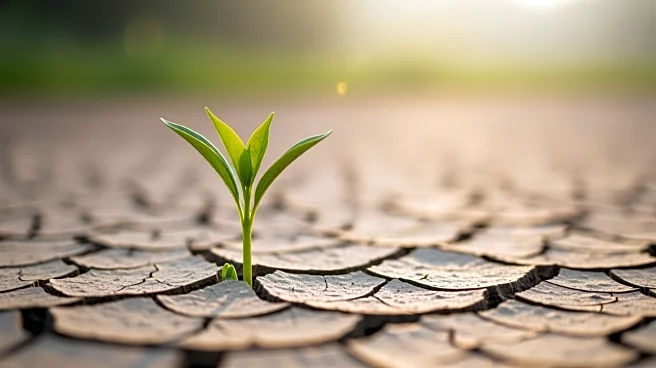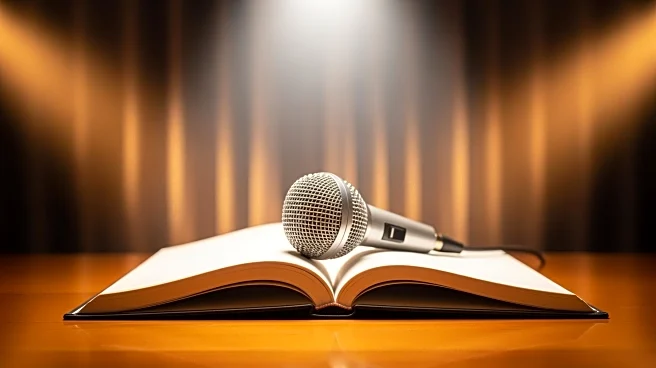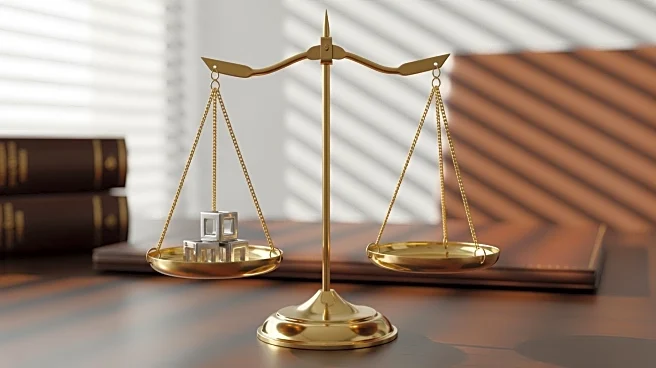What is the story about?
What's Happening?
Zhang Zhan, a Chinese journalist who was previously imprisoned for documenting the early stages of the COVID-19 outbreak in Wuhan, has been sentenced to an additional four years in prison. The charge against her is 'picking quarrels and provoking trouble,' the same charge that led to her initial imprisonment in December 2020. Zhang was arrested after posting firsthand accounts from Wuhan, which contradicted the official narrative of the pandemic's severity. Her reporting included videos from hospitals and empty streets. Zhang's former lawyer, Ren Quanniu, stated that she believed she was being persecuted for exercising her freedom of speech. Zhang went on a hunger strike following her arrest, leading to force-feeding by police. She was released in May 2024 but detained again three months later. Her latest sentencing is linked to her reporting on human rights abuses in China.
Why It's Important?
The sentencing of Zhang Zhan highlights ongoing concerns about press freedom and human rights in China. Zhang's case has drawn international attention, with advocacy groups like Reporters Without Borders calling for her release and labeling her an 'information hero.' The situation underscores the challenges faced by journalists in China, where the government maintains strict control over information and is known for detaining media workers. China is ranked as the world's largest jailer of journalists, with 124 media workers currently imprisoned. The case may impact international diplomatic relations, as calls for Zhang's release could increase pressure on Beijing from the global community.
What's Next?
International advocacy groups are likely to continue pressing for Zhang Zhan's release, urging diplomatic efforts to influence China's decision. The case may prompt further scrutiny of China's human rights record, potentially affecting its relations with other countries. The recent passage of a bill by China's lawmakers to accelerate public health emergency responses could also play a role in shaping future narratives around freedom of speech and government transparency.















